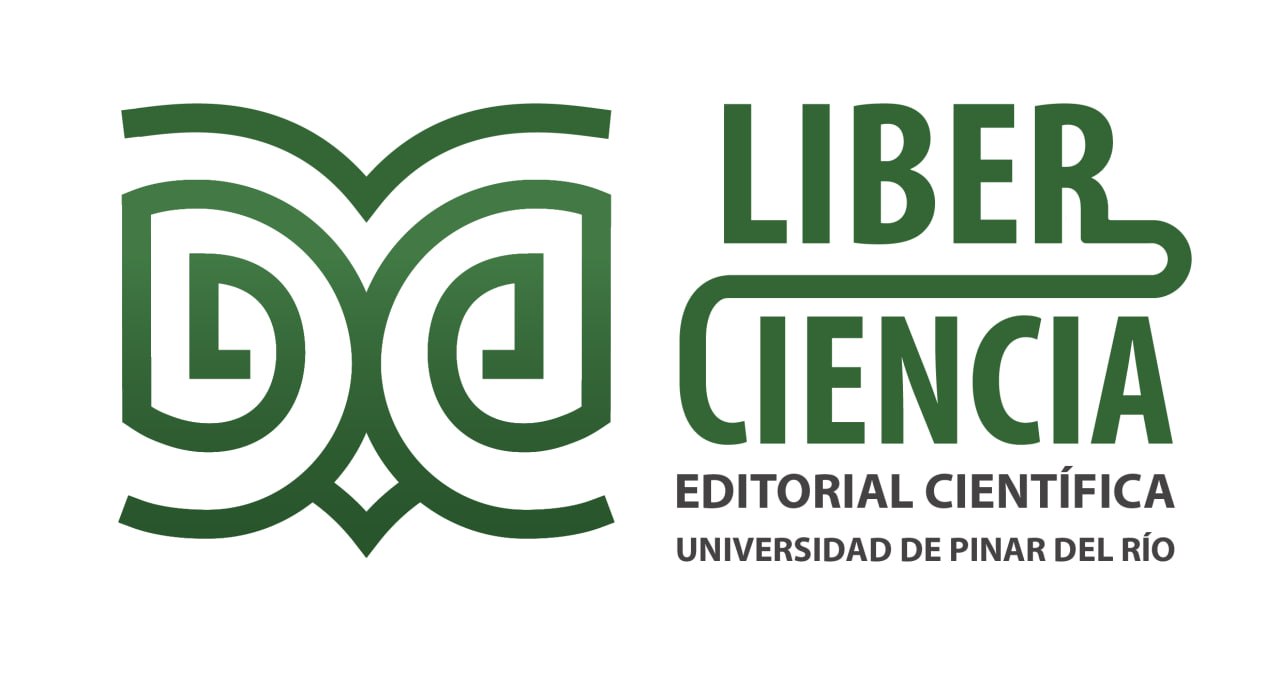About the Journal
Congreso Universidad. Scientific journal that publishes and promotes selected works, based on the papers presented at international Higher Education congresses. It generates new spaces for reflection about the university reality and the main problems and challenges in the national and international arena. It was founded in 2012, at the 8th International Congress on Higher Education “Universidad 2012”, and is published quarterly.
Focus and scope
The Congreso Universidad journal reflects the scientific reality of universities, their main problems and challenges. It shows the scientific articles presented at the International Congress on Higher Education by authors and specialists from the national and international university field.
Objective
To disseminate and promote the experiences, practices and research derived from the academic and scientific work of universities.
Content
The selection of the contents of the journal has its genesis in the International Congress on Higher Education University held in Cuba, on a biannual basis. The Congress is the initial space for the presentation, debate and selection of the best articles by specialists from Cuban institutions and other parts of the international university field.
The journal publishes these scientific articles presented at the Congress and forms its edition.
Thematic profile
Higher Education and the challenges for the future: internationalization, digital transformation, financing and informational perspective
Management of Higher Education. Quality for sustainable development
University extension, commitment and social transformation for sustainable development
Training competent professionals from an inclusive and equitable perspective, for sustainable development
University, knowledge and innovation for sustainable development
Role of student and union organizations in Higher Education
University-productive and service sector linkage: a strategic vision for sustainable development
Section policies
Editorial
It may be of scientific or opinion content, written by the director or by another professional at the request of the Editorial Committee of the journal.
Scientific editorials: These are a rigorous update or an interesting clarification on a certain topic.
Opinion editorials: These collect points of view or socio-scientific positions of the scientific community on a certain topic of common interest to researchers and professionals related to the themes of this journal.
Scientific articles
The original manuscript must be written in Microsoft Word, in Verdana 10 font, with 1.5 line spacing, with 2.5 cm margins, without indents, tabs or any other design attribute.
The manuscript will have a maximum of 20 pages that will include the bibliography and the appendices (if necessary), and a minimum of 10 pages not including the bibliography or the appendices that will be added at the end.
The original article must follow the IMRYD format, which is commonly used for publishing research results: Introduction - Materials and Methods - Results and Discussion (Each of these will be written separately, headed by the corresponding unnumbered title, for example: Results and Discussion).
Up to six figures and tables are allowed, with a minimum of ten bibliographic references and a maximum of 15.
Peer review process
All article proposals submitted to the journal Congreso Universidad are subjected to an initial review to ensure that they comply with the journal's publication standards. In this first review, the following aspects are taken into account:
- Appropriateness to the subject matter and scope of the journal
- Interest and timeliness of the proposal
- Complete and rigorous compliance with the journal's publication standards, with special attention to the quality, quantity and timeliness of the bibliographical references
Failure to satisfy any of these elements will lead to a decision to reject the submission. Authors will be notified of the reason for rejection and are invited to make a new submission when the recommendations have been addressed.
If the preliminary assessment is satisfied, submissions are sent to two content experts, depending on the subject matter, who evaluate them using the Open Peer Review method, in line with the philosophy of the Open Science movement. According to this philosophy, during the review process both authors and reviewers know each other's identities ("open identities") which allows interaction between them.
The reviewers have a period of 3 to 4 weeks to send the editor their comments and recommendation (accept submission, publishable with modifications, resubmit for review, not publishable). In the event that the decision of the two referees is divided, a third referee will be asked to evaluate the paper in order to reach a consensus on the editorial decision. Subsequently, the editor will notify the authors of the decision and the reviewers' comments. If modifications are required, the author will have a period of time to make them and send a new version, which will be reviewed by the editor to corroborate that the reviewers' observations have been taken into account; if necessary, the new version sent will be submitted for a second round of evaluation.
Once the review process has been completed and the manuscript has been accepted for publication, the authors will be informed of this decision. An editing/production process of the article will then begin, which may require the intervention of the authors. Authors will be able to consult the status of their manuscript via the OJS platform throughout the editorial process.



